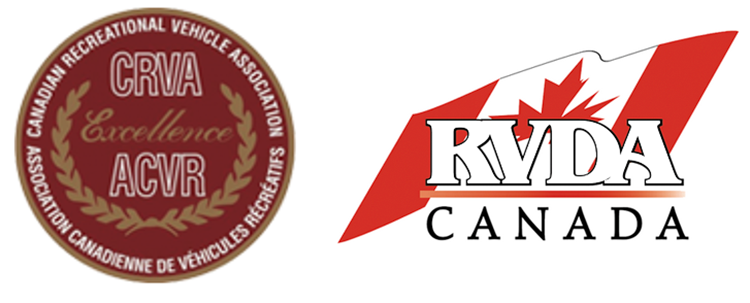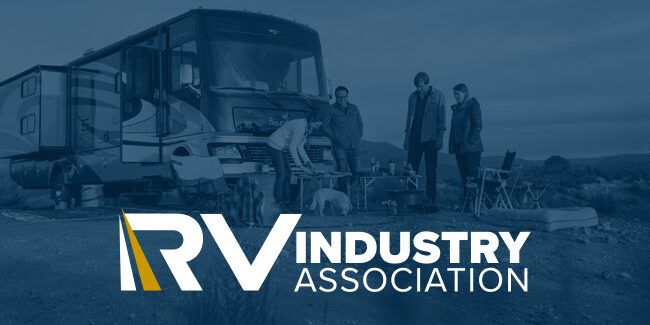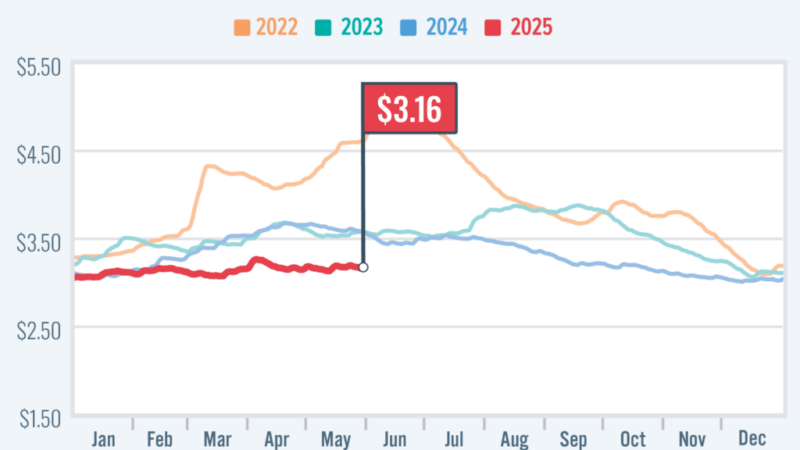Canadian RV, Camping Groups Seek Federal Gov’t Investment – RVBusiness – Breaking RV Industry News

OTTAWA – Leaders from the Recreation Vehicle Dealers Association (RVDA) of Canada and the Canadian Camping and RV Association (CCRVA) are on Parliament Hill today to advocate for an increase in federal support targeted at improving camping infrastructure and electrification, promoting the development of skilled workforce across the nation and to install a more equitable tax regime for campgrounds across the country, according to a press release.
“RVing and camping are quintessential Canadian experiences. Many of us remember the awe-inspiring landscapes we visited as children across this nation. Moreover, our sector significantly boosts the economy, particularly in Canada’s rural areas. The production, purchase, service, and operation of recreational vehicles inject billions into the Canadian economy each year,” stated Dale Hopkins, chairperson of the RVDA. “Over the last few years, our industry has generated more than 141,000 full-time jobs, 16.2$ billion in added economic value which includes more than $10.3 billion in tourism expenditure and $7.6 billion in tax revenues. With over 4,231 campgrounds and more than 7.7 million RV trips planned in recent years, we offer diverse experiences to both Canadians and international visitors.”
Despite these important contributions, the sustained growth and success of the RV and camping industry remain at risk: a staggering 75% of campsites are under-equipped for modern RVs. The advocacy for RV-friendly policies and robust infrastructure in our national parks is vital not only for the development of these industries but also for the flourishing – both nationally and internationally – of the Canadian tourism sector. To ensure the perennity of the RV and camping industry’s major economic impact, the federal government needs to make a public and significant financial commitment towards the development of rural electrification and infrastructural updates required to support campgrounds in this economy characterized by new technologies and environmental goals.
“We need assurance from the government that investments will be forthcoming to address the growing electrification and infrastructure needs of campgrounds to meet the growing demand,” declared Ellie Abucay-Giammattolo, Chair of the CCRVA. “Without explicit financial commitments from the government, our industry – which is a pillar of tourism in Canada will face a future focused on sustainable energy without the necessary electrification, transportation, and connectivity infrastructures.”
Additionally, one of the significant bottlenecks in the Canadian economy is the critical shortage of skilled labor. Skilled technicians, essential for the mobility of RVs, are in short supply, with fewer than half holding their Red Seal Designation. The availability of training for RV service technicians is limited to British Columbia and Alberta, with programs often reaching capacity rapidly, leaving many qualified candidates on waitlists. However, there are cost-effective changes, such as the creation of an Apprenticeship Travel Grant, that could be introduced by the Government that would truly alleviate the pressure felt by our industry.
“Virtually every major sector in Canada is grappling with a labour shortage crisis. However, the RV and camping industry has been championing effective, economical solutions to aid business owners in recruiting the right workforce. Sector-specific strategies like expanding the Labour Mobility Tax Grant to skilled tradespeople who relocate temporarily to attain their Red Seal certification would significantly aid our members in securing the skilled technicians required as our industry evolves. Lasting growth in tourism begins with our workforce, and we urge the government to collaborate with us in devising strategies to recruit, train, and retain skilled workers,” added Dale Hopkins.







